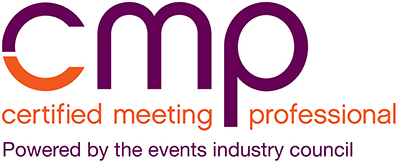Staying Safe While Doing good: Risk Management and Corporate Social Responsibility (CSR) Projects
![]() Print this Article | Send to Colleague
Print this Article | Send to Colleague
Adding a corporate social responsibility or community service project to your event is a great way to support the community and engage your event participants. It can also introduce new types of risks that need to be managed in order to ensure the health and safety of your participants and community members.
Good risk management planning for your projects is important for health and safety, as well as to safeguarding your organization’s reputation. Here are a few things to keep in mind to help you in your planning:
- Location Factors: Many CSR projects involve working outside doing clean up work, habitat restoration or building projects. When selecting your site, consider factors such as availability of medical services, phone service, water, food and shade. You should also consider if there has been a history of civil unrest in the area and what security might be needed.
- Training and Equipment: If your participants are going to be involved in activities outside of their day-to-day experiences, training on how to operate any equipment or tools will be needed. You should also advise participants of any personal protection equipment (PPE) they may require, including appropriate footwear.
- Community Partners: Working with the right community partner can help make your event much more successful. The right partner can help you determine what types of activities will benefit the community and be rewarding for your participants. Remember to check their references and safety record, as well as whether or not they have staff with first aid training that will be on-site at your event.
- Insurance: Your insurance provider should be informed of your CSR project plans. As the risks could be substantially different than for the rest of your event, your project may need special coverage. Your insurance provider may also have great recommendations for you to help keep your project running safely.
- Food Safety: If you are planning on offering food during your event, consider where and how it will be stored, how it will be transported, as well as hand washing facilities for your participants. If refrigeration is not available, offer only shelf stable food and beverages. In your planning, also keep in mind dietary needs related to food allergies and medical conditions such as diabetes.
- Liability: Check with your insurance provider or legal counsel about appropriate waiver forms to use for your event. Just remember - these should not replace proper risk management planning!
Mariela
McIlwraith, CMP, CMM, MBA
Director of Sustainability, Events Industry Council

